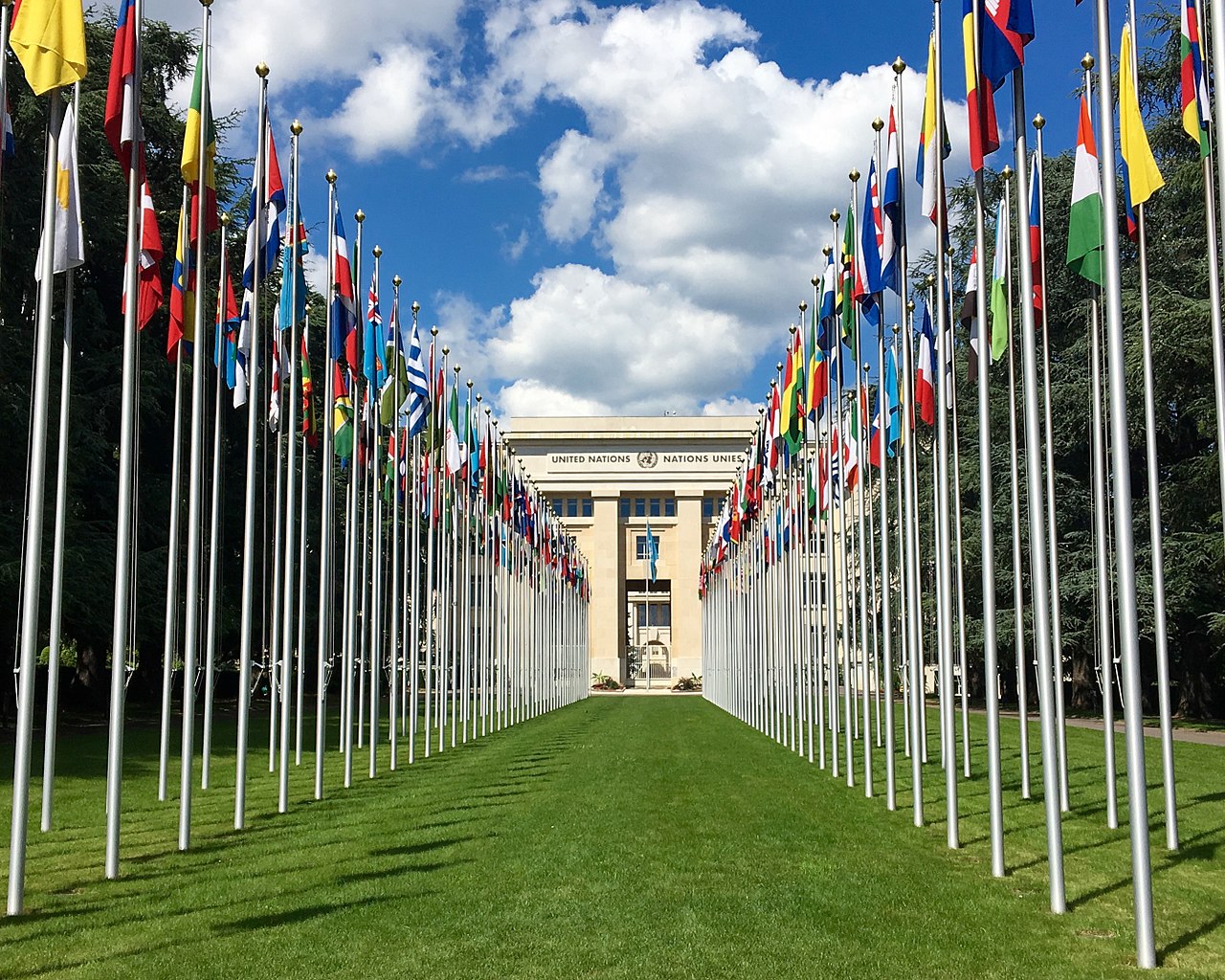On 18 July 2023, the International Commission of Jurists (ICJ) made a submission to the UN Human Rights Council’s Working Group on the Universal Periodic Review (UPR) in advance of its review of Malaysia’s human rights record early next year.
In its submission, the ICJ addressed the following human rights concerns in Malaysia:
- Freedom of expression online;
- The human rights of lesbian, gay, bisexual and transgender (LGBT) people; and
- International human rights instruments.
In its submission, the ICJ calls upon the Working Group and the Human Rights Council to make the following recommendations to the Malaysian authorities:
On freedom of expression online
- The legislature should repeal or substantially amend legal provisions that unduly restrict the right to freedom of expression – including sections 499 – 502 of the Penal Code, section 233 of the Communications and Multimedia Act, section 4 of the Sedition Act, the contempt of court doctrine, and section 114A of the Evidence Act – to bring them in line with international human rights law;
- The prosecuting authorities and the judiciary should immediately cease ongoing criminal investigations, drop all existing charges and revoke or otherwise reverse civil and/or criminal penalties imposed against individuals for purportedly infringing domestic provisions that are inconsistent with Malaysia’s obligations under international human rights law guaranteeing the rights to freedom of expression and information;
- The government should refrain from restricting or blocking online content unless the blocking decision has been undertaken following a full analysis that applies international standards concerning legality, legitimate purpose, necessity, proportionality and non-discrimination, and has been authorized pursuant to an order by an independent and impartial judicial authority, in accordance with due process with the express guarantee of the right to appeal.
On the human rights of LGBT people
- The legislature should repeal or substantially amend all laws, at both the Federal and state level, that are discriminatory or have been applied in a discriminatory manner towards LGBT persons, including laws criminalizing consensual same-sex sexual conduct and gender non-conformity, and that have been applied to restrict LGBT-related expression – such as sections 377A, 377B and 377D of the Penal Code and section 7(1) of the Printing Presses and Publications Act;
- The government should abolish discriminatory practices that violate the human rights of LGBT people, including mukhayyam and any other State-sanctioned programmes aimed at forcibly “converting” LGBT people;
- The legislature should adopt specific legislation to prohibit, investigate and prosecute online and offline violence against LGBT people, in line with international human rights law and standards;
- The prosecuting authorities and the judiciary should guarantee the right to an effective remedy for LGBT persons who have suffered actual harm as a result of online and offline violence; and
- All branches of the State should refrain from using messages of intolerance or expressions that may incite violence, hostility or discrimination against LGBT people, and speak out firmly and promptly against intolerance, discriminatory stereotyping and instances of hate speech.
On international human rights instruments
- The government should become a party to core international human rights instruments and their Optional Protocols – including the International Covenant on Civil and Political Rights (ICCPR), International Covenant on Economic, Social and Cultural Rights, International Convention on the Elimination of All Forms of Racial Discrimination, Convention Against Torture (CAT), International Convention on the Protection of the Rights of All Migrant Workers and Members of Their Families, International Convention for the Protection of All Persons from Enforced Disappearance, the Optional Protocol of the CAT, and the Second Optional Protocol to the ICCPR aiming at the abolition of the death penalty.
The submission can be downloaded here (PDF).
Contact
Daron Tan, ICJ Associate International Legal Adviser, e: daron.tan@icj.org

